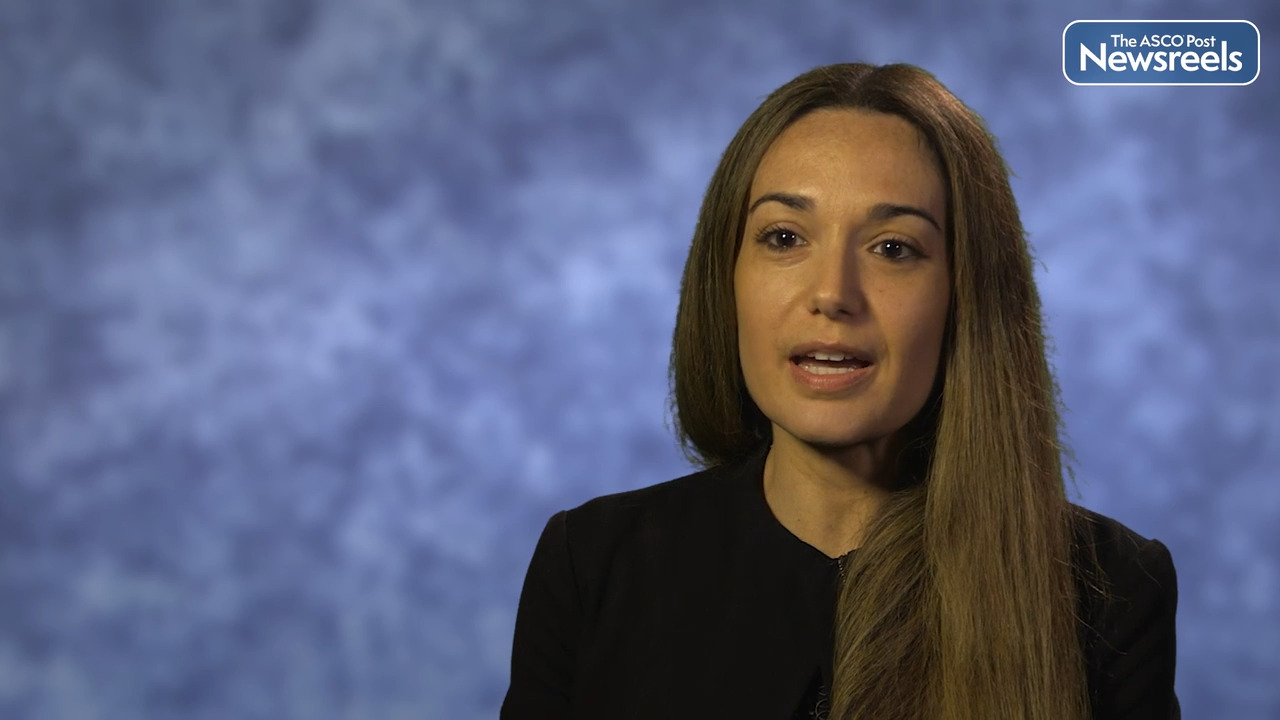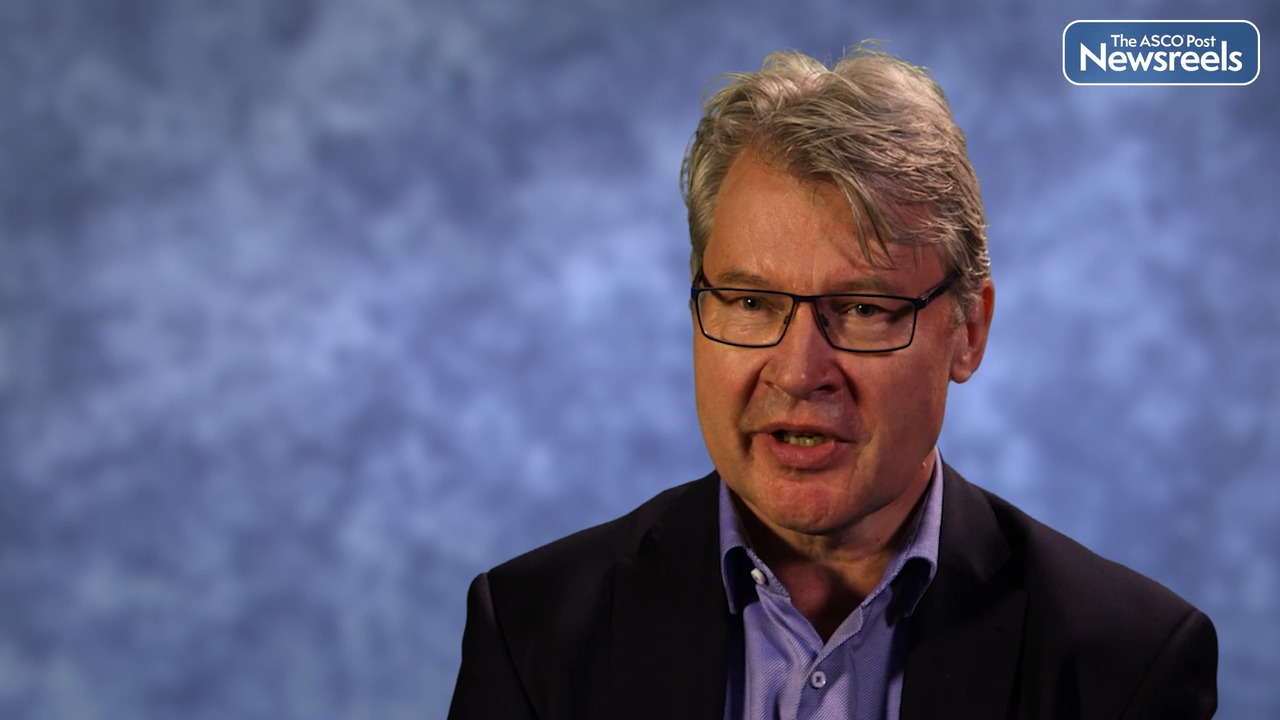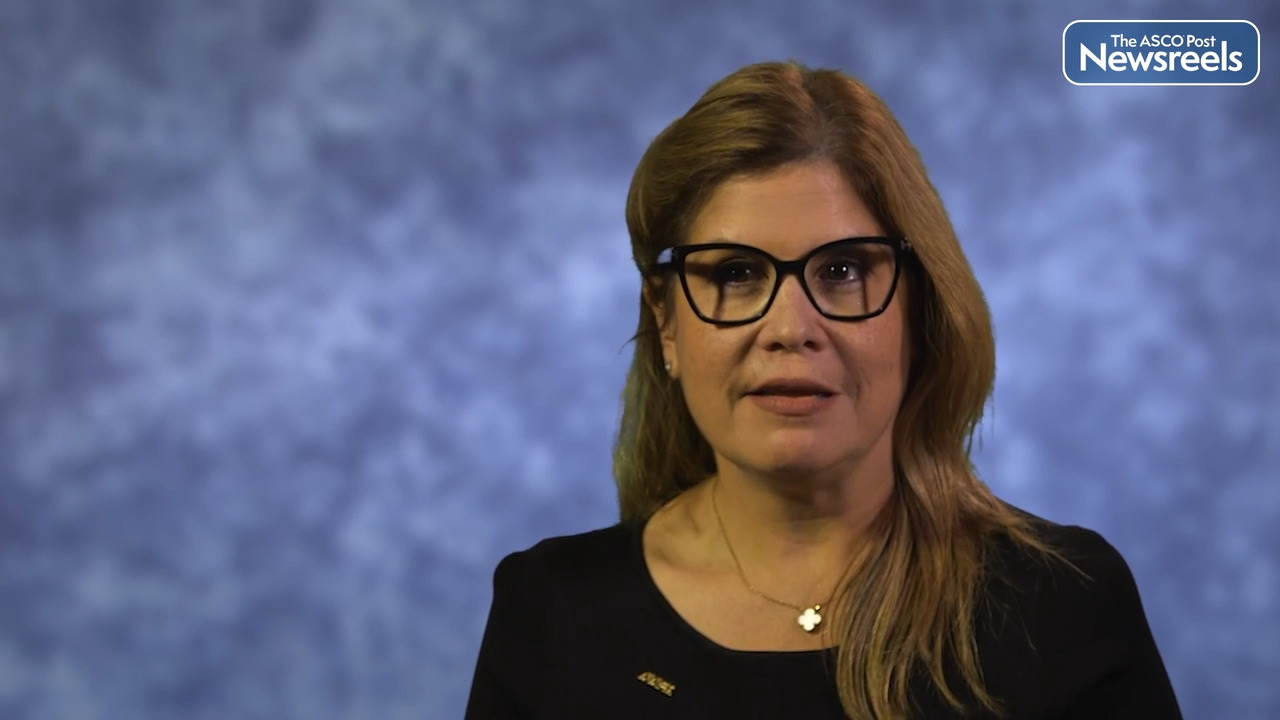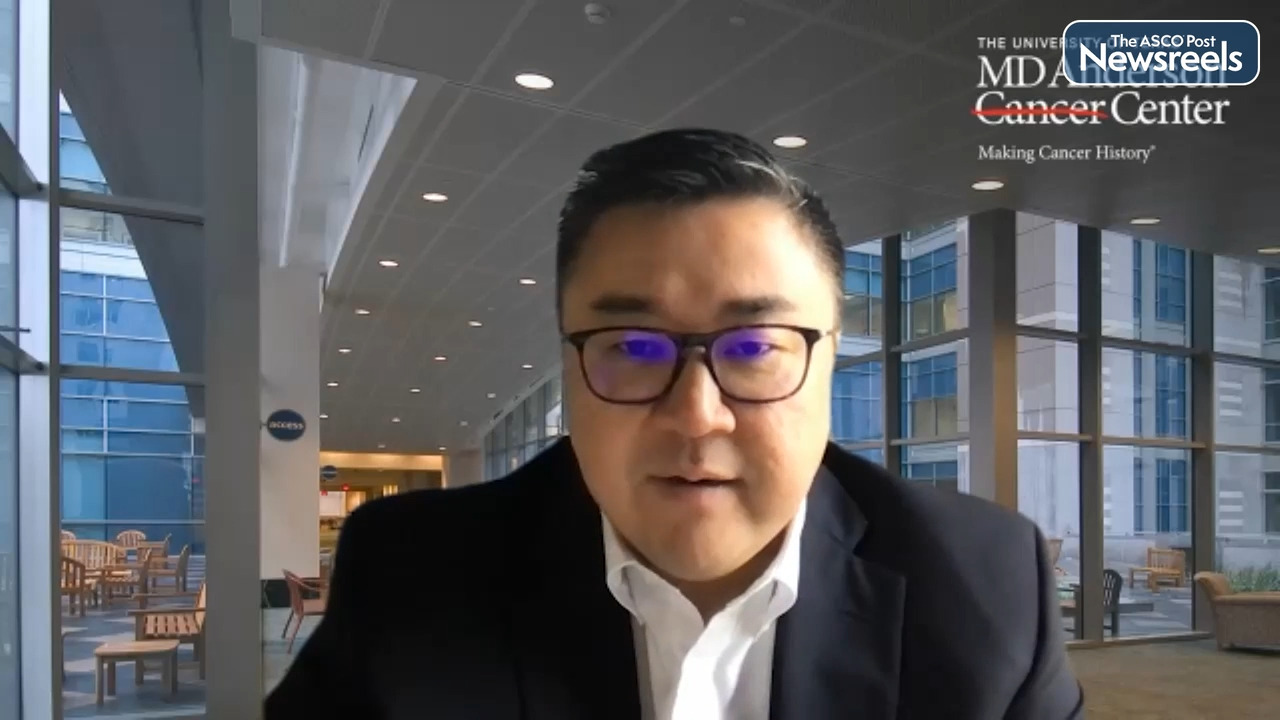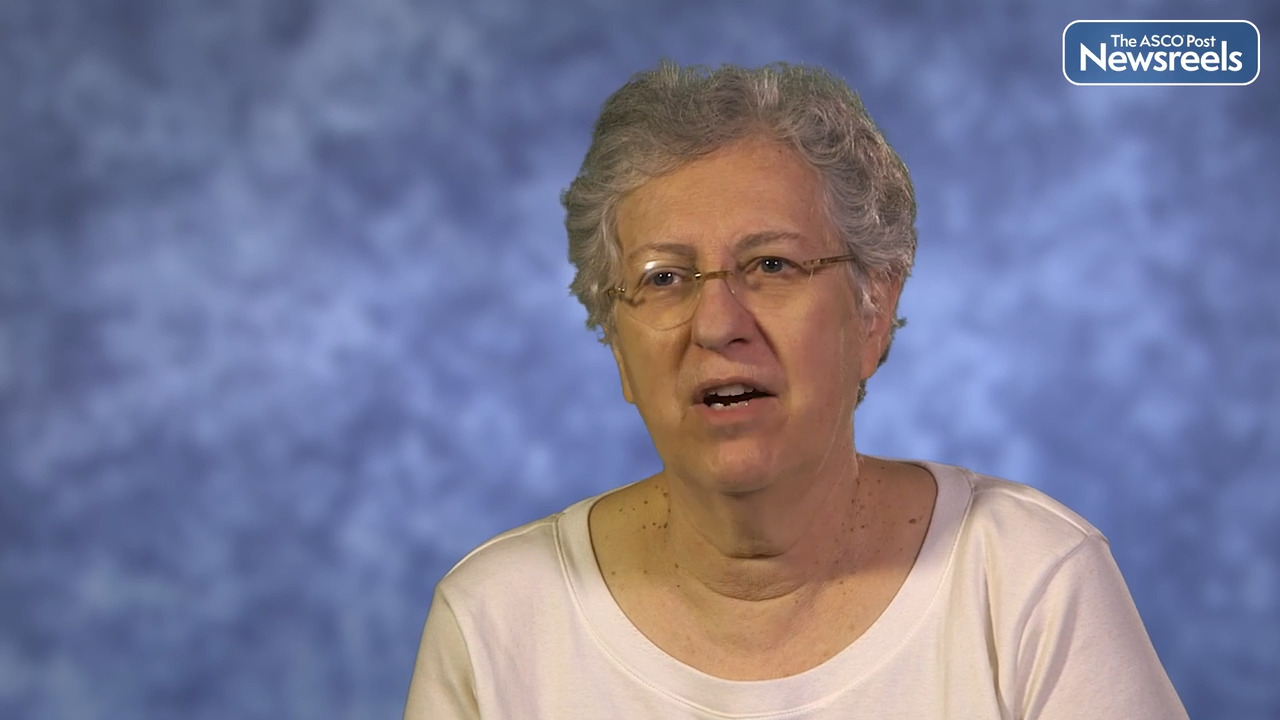Gautam Mehta, MD, on Precision Oncology: An Overview of the Accelerated Approval Program
AACR Annual Meeting 2022
Gautam Mehta, MD, of the U.S. Food and Drug Administration, discusses how accelerated approval of potentially life-saving cancer therapies has been applied in precision oncology. Although “fast-tracking” drugs presents opportunities and challenges, one possible measure of the program’s success is the fact that, to date, no solid tumor accelerated-approval indications have been withdrawn (Abstract DC06).
The ASCO Post Staff
Tina Cascone, MD, PhD, of The University of Texas MD Anderson Cancer Center, discusses the findings of the phase II NeoCOAST study, which showed that combination immunotherapy with the anti–PD-L1 monoclonal antibody durvalumab and other novel agents resulted in numerically higher major pathologic response rates than durvalumab alone in the neoadjuvant setting for patients with early-stage resectable non–small cell lung cancer. Translational results also supported combination therapies over single-agent therapy (Abstract CT011).
The ASCO Post Staff
Klaus Pantel, MD, of the University Medical Center Hamburg-Eppendorf, discusses liquid biopsy technologies and biomarkers, with a focus on circulating tumor cells and circulating tumor DNA; clinical applications such as early detection of cancer, improved staging, and surveillance of measurable residual disease; and how best to detect and monitor response to systemic therapies, as well as ways to identify therapeutic targets and resistance mechanisms (Abstract SY08).
The ASCO Post Staff
Marcia R. Cruz-Correa, MD, PhD, of the University of Puerto Rico Comprehensive Cancer Center, discusses a way to possibly transform cancer outcomes by teaming up basic scientists, clinical researchers, and community advocates to work together, decode the complexity of cancer, and find points at which to intervene in the development of tumor cells. One strong focus is on communities disproportionately affected based on their genomic ancestry, geographic location, and ethnicity (Abstract PL06).
The ASCO Post Staff
Timothy A. Yap, MBBS, PhD, of The University of Texas MD Anderson Cancer Center, discusses how research is building on the success of first-generation PARP inhibitors in the clinic and the potential of novel potent PARP1-selective inhibitors, which may lead to improved patient outcomes. Given recent advances in drug discovery, says Dr. Yap, we now can go beyond PARP by drugging other key DNA damage response targets in the clinic, including ATR, WEE1, DNA-PK, RAD51, POLQ, and USP1.
The ASCO Post Staff
Patricia M. LoRusso, DO, of the Yale University School of Medicine, discusses how patients may benefit in the coming decade from discoveries about agents that target KRAS, and how important the approval of sotorasib turned out to be, as well as other agents in the research pipeline. Dr. LoRusso also talks about the scientific advances in tackling inhibition (Abstract SY20).
